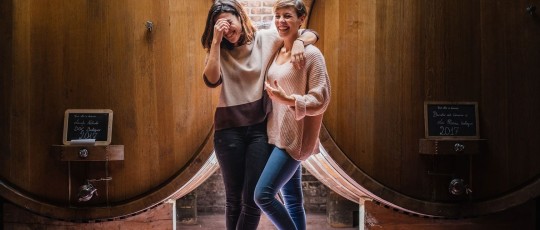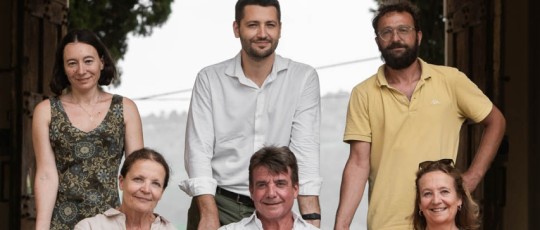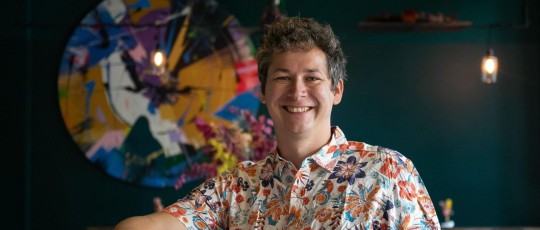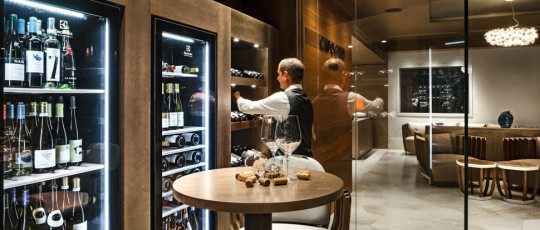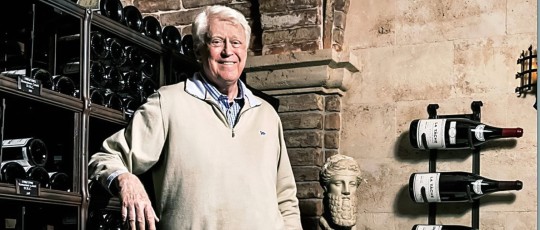Many people dream of being able to work in an industry they deeply love, and Melody Wong considers herself lucky to have been able to do so. From a young age, wine has been a source of wonder for her. She has always admired the romance surrounding it and found the art of discussing the aromas, nuances, and character of each bottle fascinating. Over time, her curiosity grew, leading her to enroll in her first wine course. Years later, she decided to turn this passion into a career. However, she soon realized that mere enthusiasm was not enough.
The harsh reality behind the scenes
The romantic image of a sommelier opening and decanting rare and prestigious wines is far from everyday reality. Once she entered the industry, Wong was faced with long hours and physically demanding tasks, as she recounts in an extended article in Decanter. The joys of recommending and serving great wines to customers were often overshadowed by less rewarding tasks: cleaning, carrying heavy crates, and opening wooden boxes, tasks that could occupy several hours a day, leaving her exhausted both physically and mentally. The pressure of having to meet high expectations was a constant, and the weight of it all began to negatively affect her mental health. Wong sought support, but the limiting schedules typical of the industry made it difficult to maintain a balanced social life.
An uphill career for women
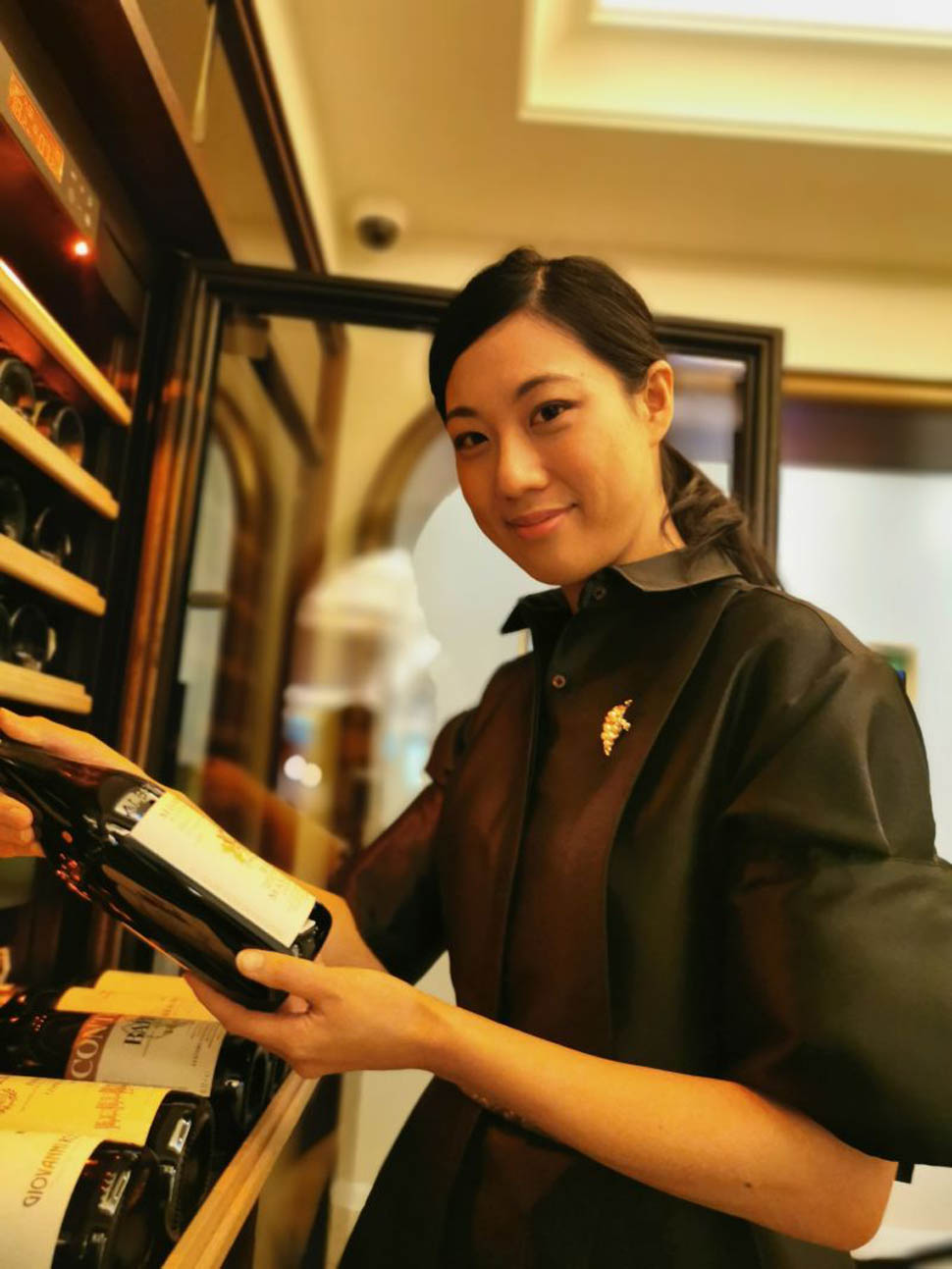
Over time, Wong gained confidence, but growing up in the industry proved complex, especially as a woman. She has had to deal with sexist comments and stereotypes such as the idea that female sommeliers leave the industry with age or that they are not suited for demanding jobs. She was not the only one: many female colleagues reported similar experiences, confirming how much more difficult the career path can be for women, even today.
Toward a more inclusive industry
Despite everything, Wong persevered. Today she is fortunate to design wine programs and share her passion, but she continues to see colleagues drop out for fear of not being up to par or because of the perception of an elitist industry. For her, it is critical to think about how to make the profession more welcoming, not only to women but to anyone who wants to enter it. According to Wong, longtime sommeliers should become more open to encourage both new talent and a direct dialogue with customers. This is not an isolated goal; many in the industry share this vision, working to break down barriers and stereotypes.
Diversity in the glass and the industry

Diversity is one of the great assets of the wine world-from the many grape varieties to the unique terroirs that characterize each bottle. This diversity, according to Wong, should also be reflected in the people who work in the industry. An inclusive team that reflects the many nuances of the wine world not only enriches the experience for customers, but also helps create a more inspiring and innovative work environment. In the end, everyone shares a common passion: wine, which has the unique power to connect people and overcome cultural and social barriers. This should be the central message for an industry that aspires to become more equitable and inclusive.
A toast to the future
Melody Wong hopes her contribution will help the industry evolve. Wine, with its unique power to connect people, should represent not only the quality of the bottles, but also that of the people behind each label. Toast to the future is to celebrate an industry that values differences, making wine a symbol of inclusivity and passion.



